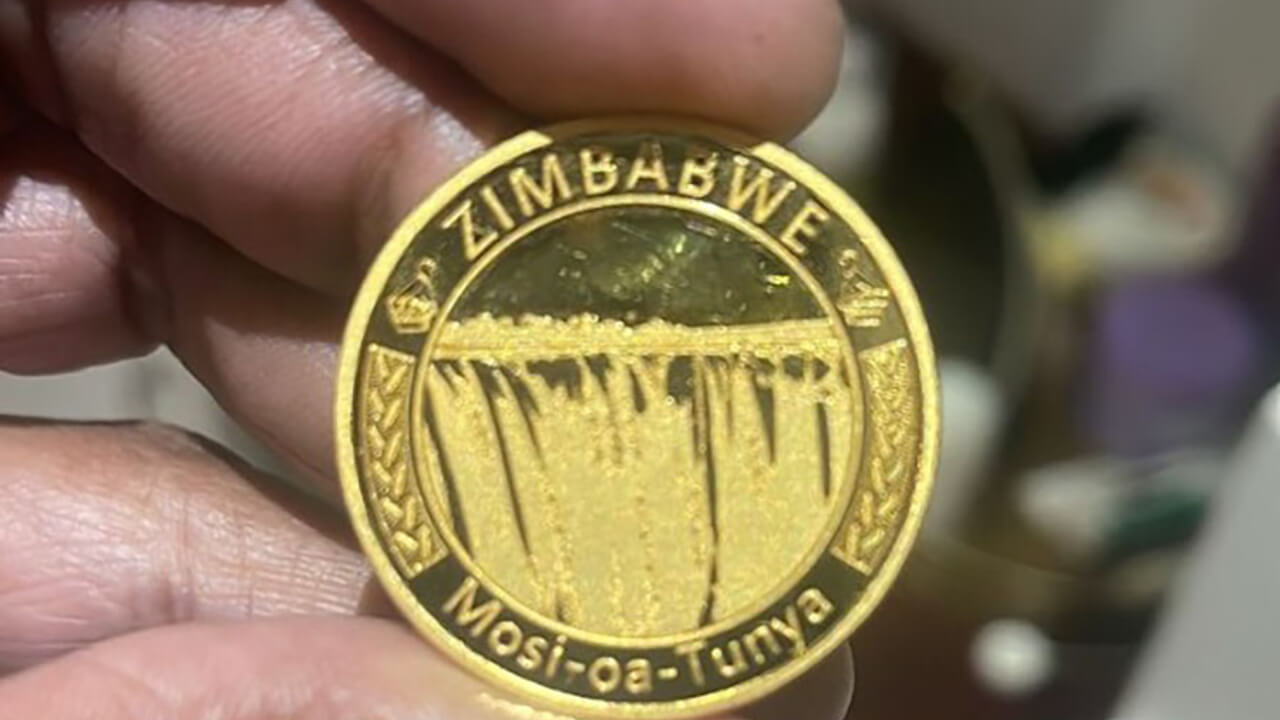Is SECZ causing systemic risk in capital markets?
Rules and laws are put in markets to maintain their integrity and ensure order in the natural course of business.
Competition is good for any market as it ensures that the consumers of the products and services receive maximum value for money. However, it is necessary for competition to be introduced in a healthy manner that fosters growth and economic development.
Introduction of competition in a manner that violate existing rules and laws should be frowned upon in any society.
A group of investors led by Thomas Mabuzwe challenged the directive issued by the Securities and Exchange Commission of Zimbabwe (SECZ) and the Zimbabwe Stock Exchange (ZSE) to forcefully transfer securities deposits from Chengetedzai Depository Company to ZSE Depository Company without their consent in a matter that is currently before the High Court and pending determination. They cited violation of investor property rights as the pivotal point of their lawsuit. Chengetedzai subsequently appealed to the Minister of Finance and Economic Development and filed a High Court application citing the procedural flaws in coming up with the directive as well as the substantial illegality of the directive.
SECZ alleges that Chengetedzai is bitter that it is losing its monopoly position and that it
is clutching at straws. It is necessary for one to analyse the pertinent issues more closely.
When you read the court papers filed in the High Court, the issues are very clear. The legality of the SECZ Directive for migration of deposited shares between central securities depositories (CSD) is what is being challenged.
The court papers show that it is a question of whether SECZ, ZSE or listed companies are empowered to transfer securities deposits held by investors without their consent.
Basically, it is a question that if someone owns property, is a third party allowed to come and take that property and move it to a different location without the knowledge or consent of the property holder. From the information publicly available, it does not seem as if Chengetedzai has a problem with competition, but it has a problem with issues
pertaining to the manner in which the competition is being introduced. It is important for the prevalence of fairness, creation of a level playing field and adherence to existing rules and laws enacted.
A further analysis of court papers reveals that SECZ is trying to frame its directive as some form of guidelines. The dictionary definition of a directive is ‘an official or authoritative instruction’ while that of guideline is ‘a general rule, principle, or piece of advice’. SECZ has clearly noticed that they went down a path on the wrong side of the law
and are now trying to hide from their mess behind a finger by trying to play with English words to sanitise their illegal actions. A layman’s reading of section 4 of the Securities and Exchange Act 24:25 as read with the First Schedule empowers SECZ to issue guidelines and notices but certainly does not empower it to issue new directives/rules.
Rules and laws are put in markets to maintain their integrity and ensure order in the natural course of business. Lawlessness often results in chaos and problems and is often a dangerous cancer once allowed to happen. The direction SECZ is taking the markets is retrogressive and will result in long term consequences for the Zimbabwean economy at large.
SECZ and ZSE have jointly taken a position that securities held with a CSD are share registers which can be migrated on the election of the board of directors of the issuer of the securities.
This view does not recognise the securities as deposits but simply an administrative function. It appears that there is collusion between SECZ and the ZSE to propagate this position. Although ZSE Depository claims that securities have been migrated to it, in essence they have just taken the list of shareholders of companies and created accounts
and credited them with securities. Shockingly, if an investor holds 1,000 ordinary shares and request an account statement from ZSE Depository for shares held in one of the ‘migrated’ companies say Innscor, and you request a statement from Chengetedzai for the same company Innscor, both statements from the two CSDs will show securities
balances of 1,000 each.
This leaves a pertinent question, which are the authentic shares and which are the fake shares? On one hand ZSE Depository unilaterally created accounts and credited share balances based on a list of shareholders obtained from the transfer secretaries and on the other hand Chengetedzai opened investor accounts based on account opening
applications and received securities deposits based on requests of investors to deposit their shares. I think the answer to the question is as clear as the day from the night.
Furthermore, SECZ has allowed ZSE Depository to process clearing and settlement transaction based on these “fake” share balances created, as no legitimate securities transfers have been executed from Chengetedzai to ZSE Depository. At the same time, investors are also able to transact their shares at Chengetedzai. This leaves listed companies heavily exposed to fraud and manipulation of shares and it will not be surprising in the future if a listed company has one million shares officially in issue but their shareholders who are entitled to 1,2 million shares because of the duplication of shares. Obviously the balance of 200,000 shares will be originating from the fake shares
created at ZSE Depository.
Interestingly, the market has observed that the ZSE Depository does not have a proper Central Depository System (CDS) and has been processing trade clearing and settlement transactions manually in many instances. The ZSE Depository is getting away with this because the Zimbabwe Stock Exchange has a low number of daily transactions which typically average 200-400 transactions per day. This is a very small number by global standards. As such, the ZSE Depository is likely processing 10-15 percent of these transactions based on the ‘migrated’ shares. This typically means 20-60 transactions per day.
Given the above background, one questions how the ZSE Depository was licensed and allowed to operate without proven functional systems. It is also believed that the ZSE has not met the minimum capital requirements, corporate governance and compliance requirements. If we dig deeper on this issue how is Justin Bgoni, the chief executive
officer of the Zimbabwe Stock Exchange, Harare Receivables Exchange, ZSE Direct, ZSE Depository, Victoria Falls Stock Exchange and VFEX Depository, allowing power of this magnitude to be vested in one individual. It is dangerous for capital markets.
Segregation of duties among the three main pillars of the capital markets is important, these being pre-trade, trading and post trade. Simply put, pre-trade is the role that is played when market intermediaries receive, buy or sell orders from the investing public, while trading involves market intermediaries converging at an organised stock exchange
to execute the orders they will have received and finally post trade activities being the clearing and settlement of securities and money once trades are successfully executed at the stock exchange.
The ZSE is effectively participating in all three pillars of the capital market trading with the same human resource base. This exposes the market to risk of insider trading, collusion, market manipulation and corporate governance violations.
We then move to capital adequacy issues. According to SECZ minimum capital requirements, a stock exchange is required to have minimum capital of US$1 million whilst the minimum capital requirements of a CSD have not been obtained at the time of writing this article. However, it is not far-fetched to assume that this requirement could
be in the same region of US$1million. As such, the Zimbabwe Stock Exchange, ZSE Depository, Victoria Falls Stock Exchange and VFEX Depository would require a minimum capital amount of US$4-5million. An analysis of the 2020 annual report of the Zimbabwe Stock Exchange shows that they had net assets of slightly less than US$2 million, half of this figure being driven by ‘fair value adjustment of property’ applied in that calendar year. Any person worth their salt knows that fair value adjustments are paper profits that are not tangible and are often subjective. As such, the real capital/net assets of the ZSE would be in the region of US$1million.
If you follow where this is going, the fact is that the ZSE is not sufficiently capitalised, does not have adequate systems, falls short of meeting pre-existing corporate governance laws of the capital markets among other issues. This leaves the market baffled at how SECZ has issued licenses and condoned such glaring irregularities in the capital markets that it is supposed to protect and develop.
SECZ has had a good reputation for a long time for being known to operate with integrity and in a fair manner. However, it seems to have taken the progress backwards and is undoing the historic progress made by taking the institution into murky waters.
Parties involved in this article are free to exercise their right to respond and contact us on 242 795771-The Herald











